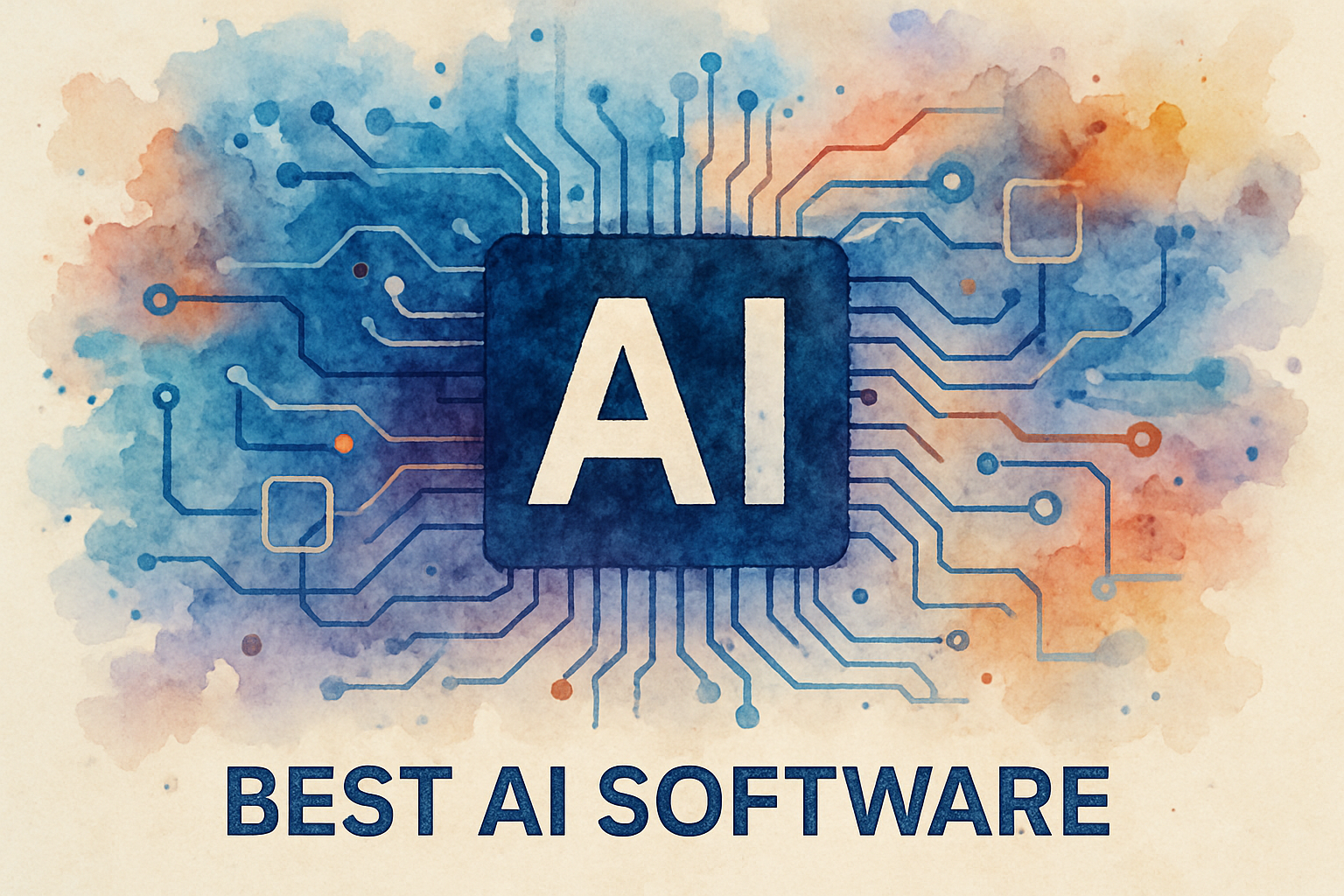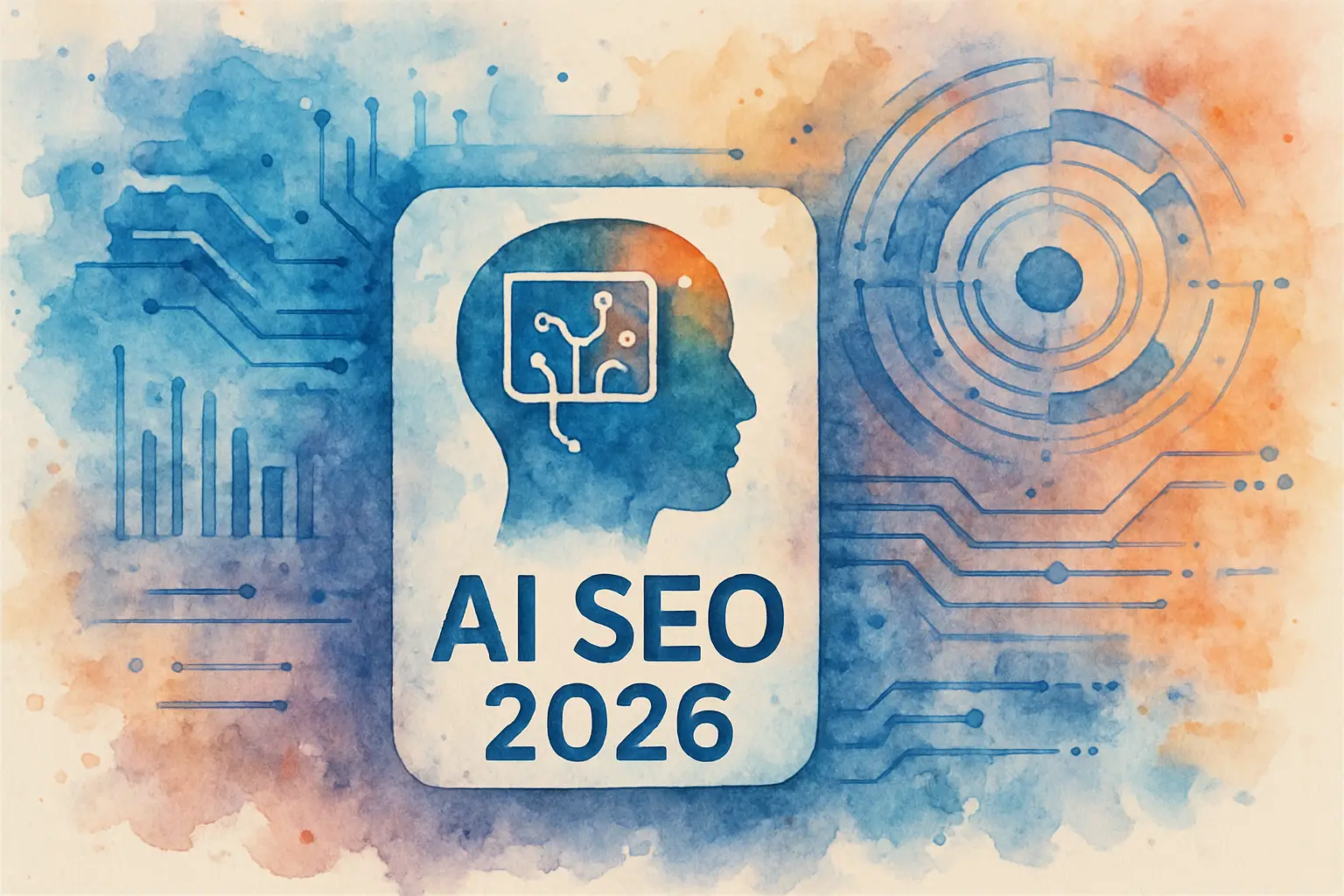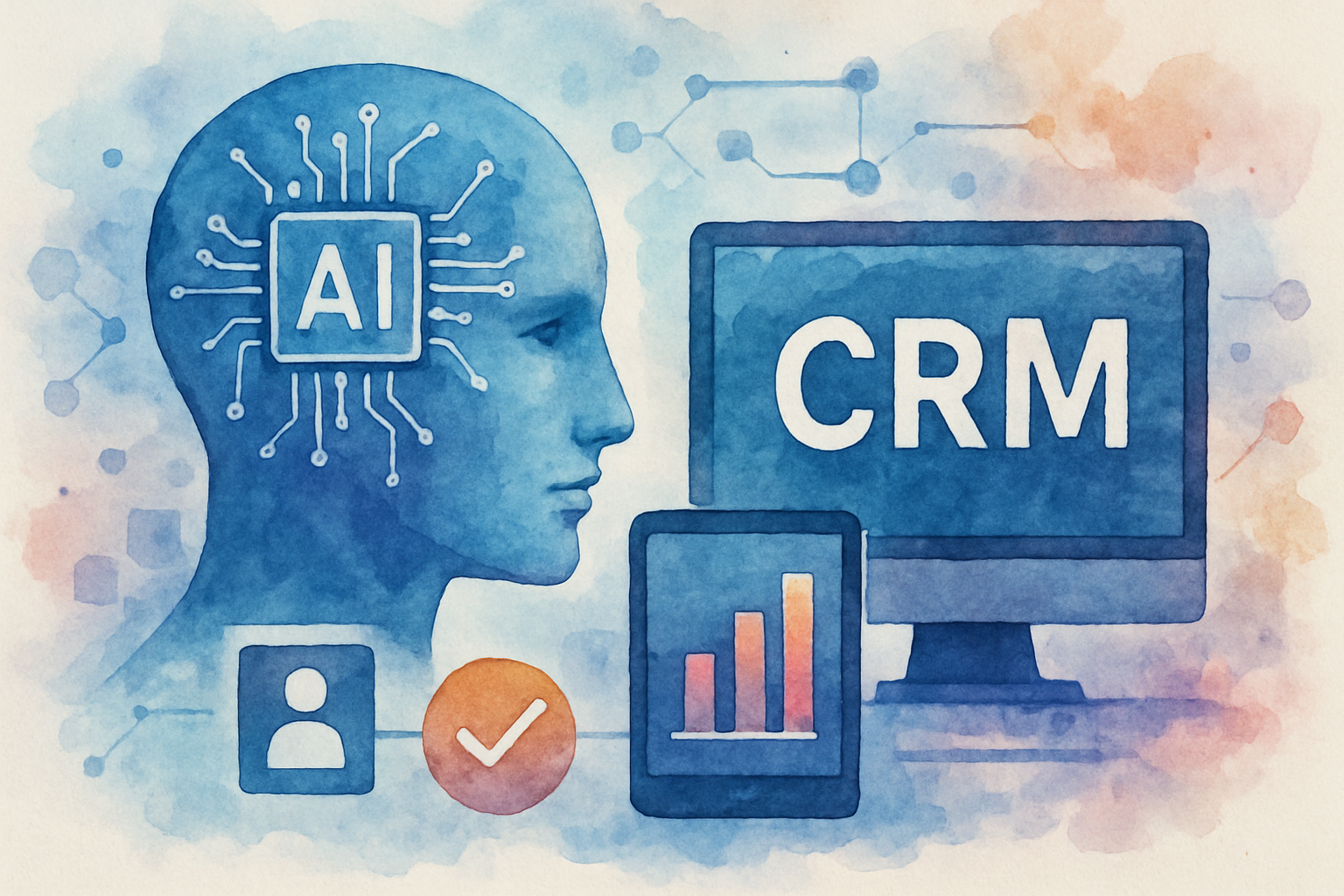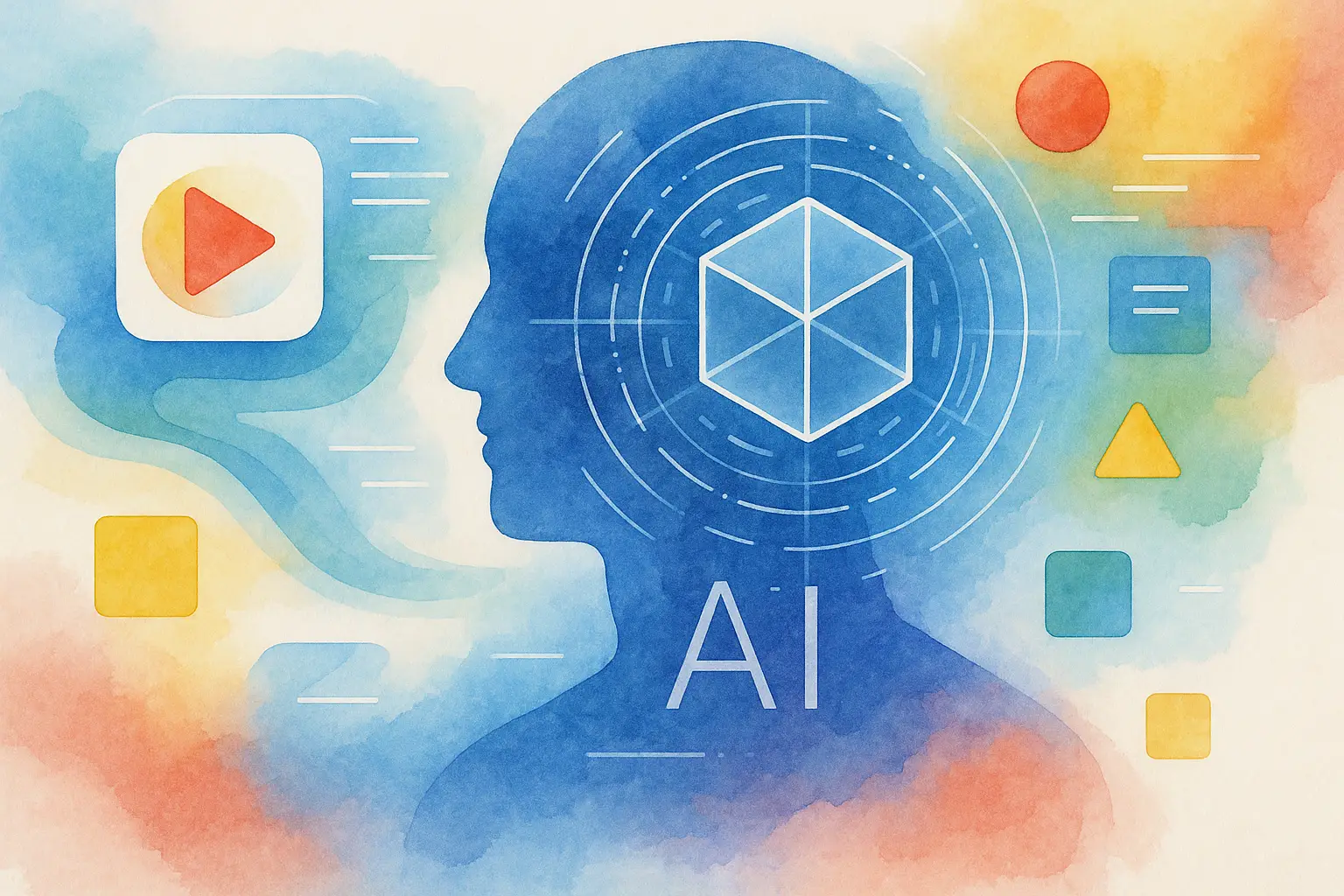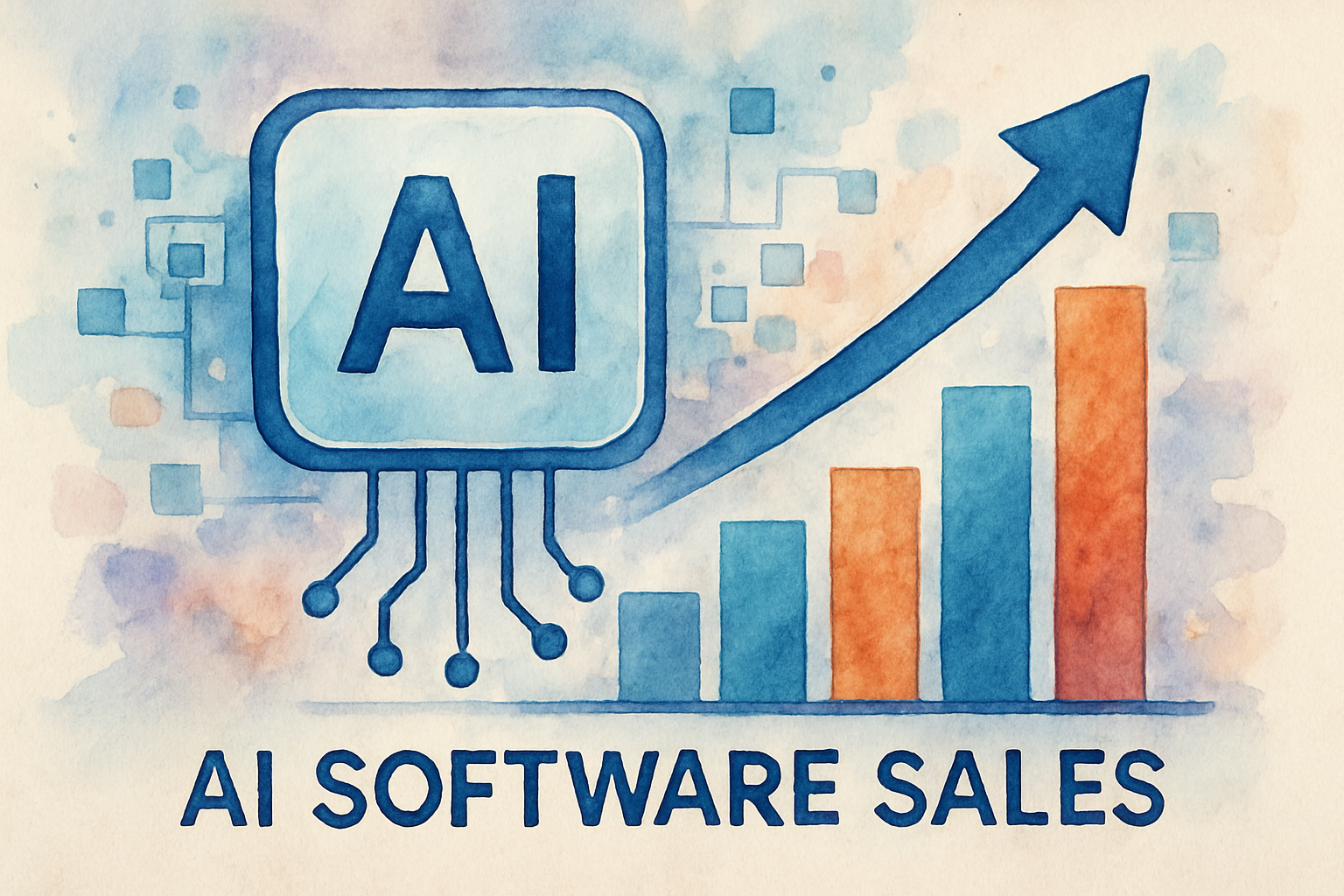AI Agent Voice: The #1 Innovative Tools Redefining Customer Conversations
In today’s fast-paced digital world, businesses are constantly seeking innovative ways to enhance customer experiences and streamline operations. Enter AI voice agents – the game-changing technology that’s revolutionizing customer service and propelling businesses to new heights. These intelligent virtual assistants are not just answering calls; they’re transforming the way companies interact with their customers, providing 24/7 support, and delivering personalized experiences at scale.
In this comprehensive guide, we’ll explore the world of AI voice agents, their impact on customer service, and how they can significantly boost your business performance. We’ll dive into the benefits, implementation strategies, and best practices to help you leverage this cutting-edge technology effectively. Whether you’re a small startup or a large enterprise, understanding and adopting AI voice agents could be the key to staying competitive in today’s customer-centric marketplace.
Understanding AI Agent Voice: The Future of Customer Interaction
AI voice agents, also known as virtual voice assistants or conversational AI, are sophisticated software programs that use artificial intelligence and natural language processing to interact with humans through voice commands. These intelligent systems can understand, interpret, and respond to human speech, making them ideal for customer service applications.
The global market for AI voice agents is experiencing exponential growth, with AI agents projected to reach $52.62 billion by 2030, according to MarketsandMarkets.
. This surge in adoption is driven by several factors:
- Increasing demand for automated customer service solutions
- Advancements in natural language processing and machine learning
- Growing preference for voice-based interfaces among consumers
- Rising focus on enhancing customer experience across industries
As businesses strive to meet evolving customer expectations, AI voice agents are becoming an essential tool in their customer service arsenal.
The Power of AI Agent Voice: Transforming Customer Service
AI voice agents are revolutionizing customer service by offering a range of benefits that traditional methods simply can’t match. Let’s explore the key advantages of implementing these intelligent assistants in your business:
1. 24/7 Availability and Instant Response
One of the most significant advantages of AI voice agents is their ability to provide round-the-clock customer support. Unlike human agents, these virtual assistants never sleep, take breaks, or go on vacation. They’re always available to address customer queries, ensuring that your business is accessible at any time, day or night.
2. Consistent and Accurate Information
AI voice agents are programmed with vast amounts of information and can provide consistent, accurate responses to customer inquiries. This eliminates the risk of human error and ensures that customers receive reliable information every time they interact with your business.
3. Scalability and Cost-Efficiency
As your business grows, AI voice agents can easily handle increased call volumes without the need for additional hiring or training. This scalability makes them a cost-effective solution for businesses of all sizes, reducing operational costs while maintaining high-quality customer service.
4. Personalized Customer Experiences
By leveraging data analytics and machine learning, AI voice agents can offer personalized interactions based on customer history and preferences. This level of customization enhances customer satisfaction and loyalty, driving long-term business growth.
Implementing AI Agent Voice: A Step-by-Step Guide
Now that we’ve explored the benefits of AI voice agents, let’s dive into the implementation process. Following these steps will help ensure a smooth integration of this technology into your customer service strategy:
1. Assess Your Business Needs
Before implementing AI voice agents, it’s crucial to evaluate your specific business requirements and customer service pain points. Identify the areas where virtual assistants can have the most significant impact, such as handling routine inquiries or providing after-hours support.
2. Choose the Right AI Voice Agent Platform
Research and select an AI voice agent platform that aligns with your business goals and technical requirements. Consider factors such as natural language processing capabilities, integration options, and scalability.
3. Develop a Knowledge Base
Create a comprehensive knowledge base that covers all relevant information about your products, services, and common customer inquiries. This will serve as the foundation for your AI voice agent’s responses.
4. Train Your AI Voice Agent
Use your knowledge base to train the AI voice agent, teaching it how to understand and respond to various customer queries. Continuously refine and update the training data to improve the agent’s performance over time.
5. Integrate with Existing Systems
Ensure that your AI voice agent can seamlessly integrate with your existing customer relationship management (CRM) and other relevant systems. This integration will enable the agent to access customer data and provide more personalized responses.
6. Test and Refine
Conduct thorough testing of your AI voice agent before launching it to customers. Analyze its performance, identify any issues or areas for improvement, and make necessary adjustments.
7. Launch and Monitor
Once you’re confident in your AI voice agent’s capabilities, launch it to your customers. Continuously monitor its performance, collect feedback, and make ongoing improvements to enhance its effectiveness.
Overcoming Challenges in AI Agent Voice Implementation
While AI voice agents offer numerous benefits, implementing this technology can come with its own set of challenges. Here are some common obstacles and strategies to overcome them:
1. Natural Language Understanding
Challenge: Ensuring that the AI voice agent accurately understands and interprets various accents, dialects, and speech patterns.
Solution: Invest in advanced natural language processing technologies and continuously train your AI model with diverse speech samples to improve its understanding capabilities.
2. Handling Complex Queries
Challenge: Addressing intricate customer issues that require human judgment or emotional intelligence.
Solution: Implement a seamless handoff process to human agents for complex queries, ensuring a smooth transition and maintaining customer satisfaction.
3. Data Privacy and Security
Challenge: Protecting sensitive customer information and ensuring compliance with data protection regulations.
Solution: Implement robust security measures, including encryption and secure data storage practices. Regularly audit your systems and stay updated on relevant privacy laws and regulations.
4. Customer Acceptance
Challenge: Overcoming customer resistance to interacting with AI voice agents instead of human representatives.
Solution: Educate customers about the benefits of AI voice agents, such as faster response times and 24/7 availability. Offer the option to speak with a human agent if desired, ensuring a balance between automated and human-assisted support.
The Future of AI Agent Voice: Emerging Trends and Opportunities
As technology continues to evolve, the capabilities of AI voice agents are expanding rapidly. Here are some exciting trends and opportunities to watch in the coming years:
1. Emotional Intelligence
Future AI voice agents will be equipped with advanced emotional intelligence, allowing them to detect and respond to customer emotions more effectively. This will enable more empathetic and personalized interactions, further enhancing the customer experience.
2. Multilingual Support
As businesses expand globally, AI voice agents will become increasingly proficient in multiple languages, breaking down language barriers and providing seamless support to customers worldwide.
3. Proactive Customer Service
AI voice agents will evolve from reactive to proactive, anticipating customer needs and offering solutions before issues arise. This predictive capability will help businesses prevent problems and enhance customer satisfaction.
4. Integration with IoT Devices
The integration of AI voice agents with Internet of Things (IoT) devices will create new opportunities for voice-controlled smart homes and offices, revolutionizing how we interact with our environments.
Conclusion: Embracing the AI Agent Voice Revolution
AI voice agents are not just a passing trend; they represent the future of customer service and business operations. By leveraging this powerful technology, businesses can enhance customer experiences, streamline operations, and gain a competitive edge in today’s fast-paced market.
From providing 24/7 support to delivering personalized interactions at scale, AI voice agents offer a wealth of benefits that can transform your customer service strategy and drive business growth. As you embark on your journey to implement this game-changing technology, remember to focus on your specific business needs, choose the right platform, and continuously refine and improve your AI voice agent’s capabilities.
The time to embrace AI voice agents is now. Don’t let your business fall behind in the customer service revolution. Take the first step towards transforming your customer interactions and boosting your business performance with AI voice agents.
Ready to explore how AI voice agents can revolutionize your customer service and drive business growth? Contact The Crunch today to schedule a free consultation and discover the power of AI-driven customer interactions. Get your personalized proposal now!
Frequently Asked Questions
Q1: What industries can benefit most from AI voice agents?
AI voice agents can benefit a wide range of industries, including e-commerce, healthcare, finance, telecommunications, and travel. Any sector that requires frequent customer interactions and support can leverage this technology to improve efficiency and customer satisfaction.
Q2: How do AI voice agents differ from traditional IVR systems?
Unlike traditional Interactive Voice Response (IVR) systems, AI voice agents use natural language processing to understand and respond to customer queries in a more conversational manner. They can handle complex interactions and provide more personalized responses compared to menu-based IVR systems.
Q3: Can AI voice agents completely replace human customer service representatives?
While AI voice agents can handle many customer service tasks efficiently, they are not designed to completely replace human representatives. Instead, they complement human agents by handling routine inquiries, allowing human staff to focus on more complex issues that require empathy and critical thinking.
Q4: How long does it typically take to implement an AI voice agent system?
The implementation time for an AI voice agent system can vary depending on the complexity of your business needs and the chosen platform. On average, it can take anywhere from 2-6 months to fully implement and optimize an AI voice agent system.
Q5: What are the key metrics to measure the success of AI voice agents?
Some important metrics to track include customer satisfaction scores, average handling time, first-call resolution rates, call volume reduction, and cost savings. Additionally, monitoring the accuracy of responses and the number of successful query resolutions can help gauge the effectiveness of your AI voice agent system.



